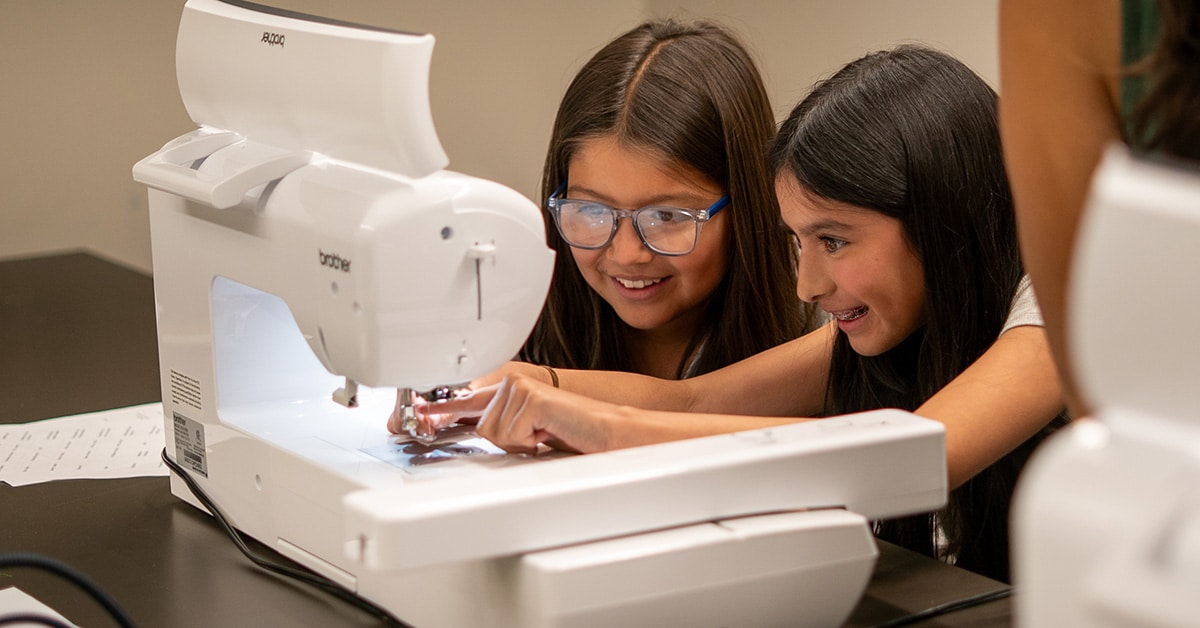
This article is excerpted from Hands & Minds: A Guide to Project-Based Learning for Teachers by Teachers, and published here with minor edits.
Essential questions are open-ended points of inquiry—relevant to academia, students’ lives and the world beyond school—expressed in student-friendly language. They are designed to encourage diverse thinking and further inquiry. Essential questions can come from students or teachers, can be created at various points in the planning processes, and can be revised and revisited throughout a project. Essential questions often appear simple, but encourage multidisciplinary thinking, deep inquiry, rigorous reflection, and even differing conclusions as students explore alternative, personally relevant answers.
A well-crafted essential question requires students to conduct serious research, and also inspires conversations among friends at lunch or among family at dinner. Create authentic ways for students to easily refer to the essential question throughout the project.
A powerful essential question:
Examples of essential questions:
While an essential question may be there from the start, refinements to the essential question may also take place later. In fact, some of the most intriguing layers to an essential question emerge when students ask their own questions about a controversial issue as part of a project launch. Individual students or groups may also be asked to craft individualized research questions related to a larger essential question that encompasses the work of the whole class. A newer, more subtle version of the essential question may evolve as ongoing research and information shed light upon the older question.
As you come up with an essential question, consider how much cognitive work you want the question to do for students, and how much you want them to do themselves. For example, the question “how can we help integrate refugees into our community?” assumes that the more fundamental question “should America be taking in refugees?” has already been answered—therefore, a great deal of thinking has been done for the students before the project starts—and a student who doesn’t agree that America should be taking in refugees has no entry point for the project. A good essential question for a project like this may be “Why is there a refugee crisis and what should we do about it?”
Tags: